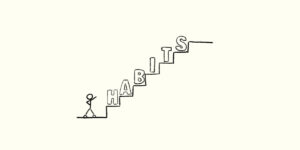In this article, I will share tips on how to write a diary.
I have been keeping a diary for 17 years, and through this experience, I am convinced of its significance.
Writing a diary allows us to live according to the voice of our own hearts, rather than being swayed by the opinions of others.
In this article, I will discuss the background that led me to this belief and explain how I write my diary.
The bullying led me to start using a diary
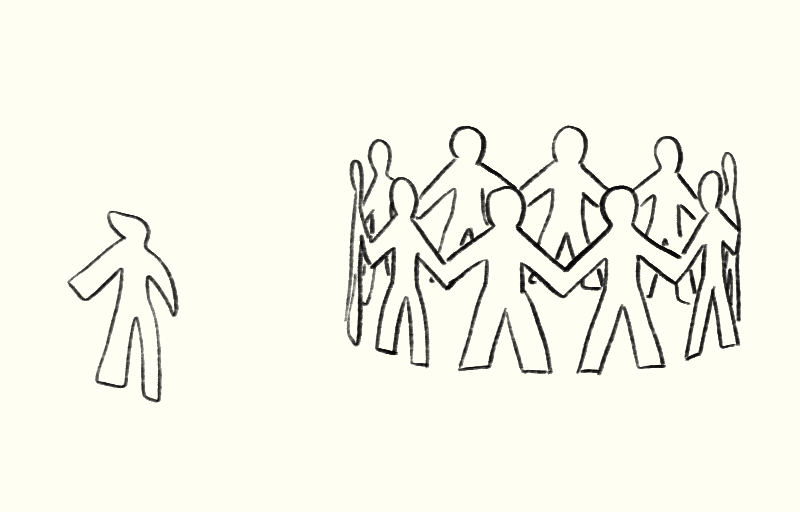
The trigger for me to start writing a diary was the bullying I experienced during my high school years.
At that time, I was a member of the table tennis club and became a target of bullying by other members.
The cause of the bullying was that I had taken away the position of the main perpetrator of the bullying.
I was rapidly improving at the time and had started to be selected for the team matches.
Being selected for the team matches was a great joy for me, but it also marked the beginning of a tragedy.
Being chosen for the team meant that someone else would be excluded, and unfortunately, it was the main bully who was excluded when I was chosen.
I still remember vividly when the bullying began. Suddenly, nobody wanted to talk to me.
This was a big problem for me because I couldn’t practice table tennis alone. I needed a practice partner for every session.
But no one wanted to talk to me anymore. Whereas before, I used to be approached by other members for practice, now no one approached me.
Before every practice session, I would desperately try to persuade other members to practice with me, just to secure a practice partner.
It was difficult to concentrate on table tennis in such an environment. My progress slowed down, and I ended up being excluded from the team matches.
I was feeling down and wanted to talk to someone about it, but there was no one I could confide in.
At the age of 16, sharing my feelings with someone was embarrassing for me.
The diary saved my sanity
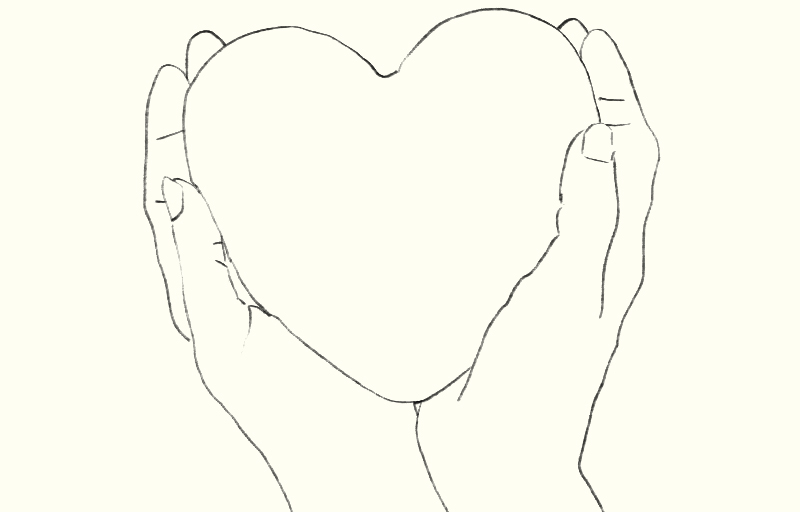
Finding Solace
My diary became my best confidant. When feeling distressed, sharing my thoughts with someone and feeling lighter afterward is an experience many can relate to. Writing down my feelings in my diary had a similar effect. According to research by psychologists at the University of California, Los Angeles, articulating one’s emotions can reduce stress by suppressing activity in the amygdala, the part of the brain responsible for fear and aggression.
Furthermore, a diary differs from a human confidant in that it neither negates nor affirms your opinions and refrains from offering unsolicited advice.
Moreover, it’s always available to listen to your story. Sometimes, people face problems they can’t discuss with anyone else. Being bullied was such an issue for me; it was difficult to discuss with others because I didn’t want to worry my family or friends. At times like these, a diary becomes your best confidant.
Awareness of Inner Voice
Writing my feelings in my diary allowed me to recognize my true feelings. When I first started writing in my diary, I realized something—I truly loved playing table tennis. Being bullied was painful for me, but even so, I loved table tennis and wanted to continue playing without quitting the club activities. If I hadn’t articulated my feelings and had been swept away by momentary emotions, I might have quit the club. My diary revealed my true feelings and supported me in sticking to my beliefs.
Analyzing Situations Rationally and Finding Solutions
Writing in my diary allowed me to analyze situations calmly and find solutions. When I was being bullied, I noticed that there were neutral individuals who didn’t participate in the bullying. Initially, when the bullying started, I panicked and felt like everyone was my enemy, but that wasn’t the case. There are always people who don’t want to be involved in troublesome situations. Such individuals maintained a neutral stance towards the bullying. I connected with these people and asked them to be my practice partners.
Additionally, being bullied was a rare experience for me in my sixteen years of life, so I realized that such occurrences would be infrequent in the future. Realizing this, I could adopt an optimistic outlook, believing that the bullying would eventually end. Such rational judgment wouldn’t have been possible without the aid of my diary. Before I started writing in it, I was panicking.
How to Write a Diary
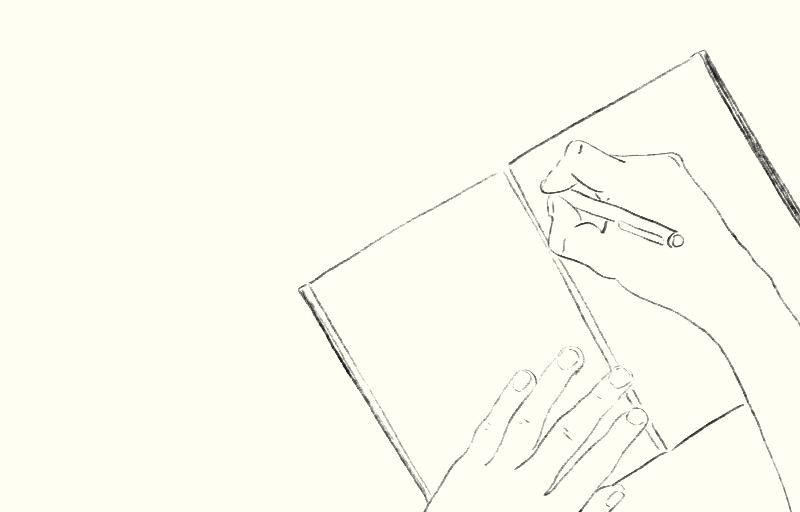
Now, I will share my method of writing in my diary. I’ll provide examples to illustrate, in hopes that it will be helpful for everyone.
Write down as many events as possible
First, it’s important to remember events. I make an effort to recall as many events as possible.
Humans are forgetful creatures. We often don’t remember what we did during the day.
What time we woke up, what we did, and conversations with family and friends—remembering such details helps us recall how we felt at the time.
I set a maximum of 10 minutes for diary writing and try to write down events in as much detail as possible, within the time available.
The following is the content of my actual diary entry.
Monday, April 22, 2024
I woke up at 6:30 a.m. Afterward, I spent an hour working on a blog post. Before diving into my tasks, I found myself scrolling through social media for an extended period. I couldn’t seem to muster up any motivation, likely due to a lack of sleep from the previous night.
From 10 a.m. to 6 p.m., I was at work. During this time, I encountered a colleague who consistently ignored my greetings, which left me feeling irritated. I couldn’t help but wonder why he displayed such rudeness towards everyone and why his work pace was so slow. However, I came to the realization that getting upset with him served no purpose; it was best to simply ignore his behavior.
Around 6 p.m., my wife and I prepared pasta for dinner. While eating, we watched the NBA playoffs, and I found myself excited about the performance of Japanese players.
Following dinner, I spent 30 minutes studying English before finally retiring for the night at 11 p.m.
By the way, I also make sure to write down the times of my actions. This helps me improve how I use my time.
On a side note, when I worked in human resources consulting, I conducted behavioral analyses of high performers. One common trait among them was accurately understanding how they spent their time. They knew what tasks they did at what time and how long each task took.
Just as skilled savers know exactly where their money goes, effective time management follows the same principle.
Write your feelings honestly
When expressing your emotions, do so openly. Whether it’s anger, embarrassment, or frustration, writing them down honestly can help you clear your mind.
Unlike interactions with others, a diary won’t disclose your thoughts to anyone else. It won’t judge you.
Write your feelings honestly as if you were consulting your greatest confidant.
Write every day without worrying about the quantity
It is extremely important to write every day because once you stop, restarting becomes difficult.
Before you read this article, I believe many of you have tried journaling. However, continuing to journal is challenging. For instance, if you create exceptions such as not writing on tired or busy days, you’ll eventually stop writing altogether.
Exceptions breed more exceptions.
Therefore, writing every day is crucial.
However, you don’t need to focus on the amount you write. There are days when I only write a single line.
There will also be times when you’re not in the mood. At those times, write your feelings honestly. Understanding why you lack motivation is important. In my case, I often lose energy due to lack of sleep or words spoken by others. Just being able to recognize these factors makes journaling worthwhile.
The above is an article about Diary.
I hope this article has been helpful to you.
By the way, I currently use a notebook called “Moleskine” as my diary. It’s an item that boosts my motivation to write in my diary. Here’s the article.
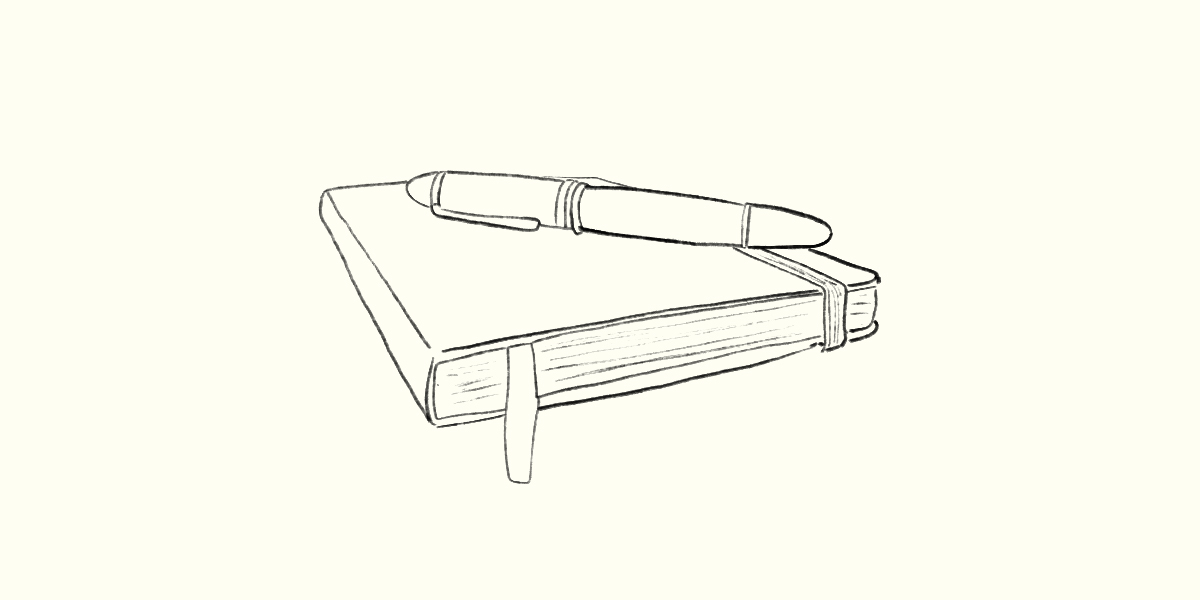
Thank you for reading until the end.
If you have any questions, please feel free to contact me through the social media links below.
I also make vlogs, so I’d be happy if you could check them out!
Sayonara



